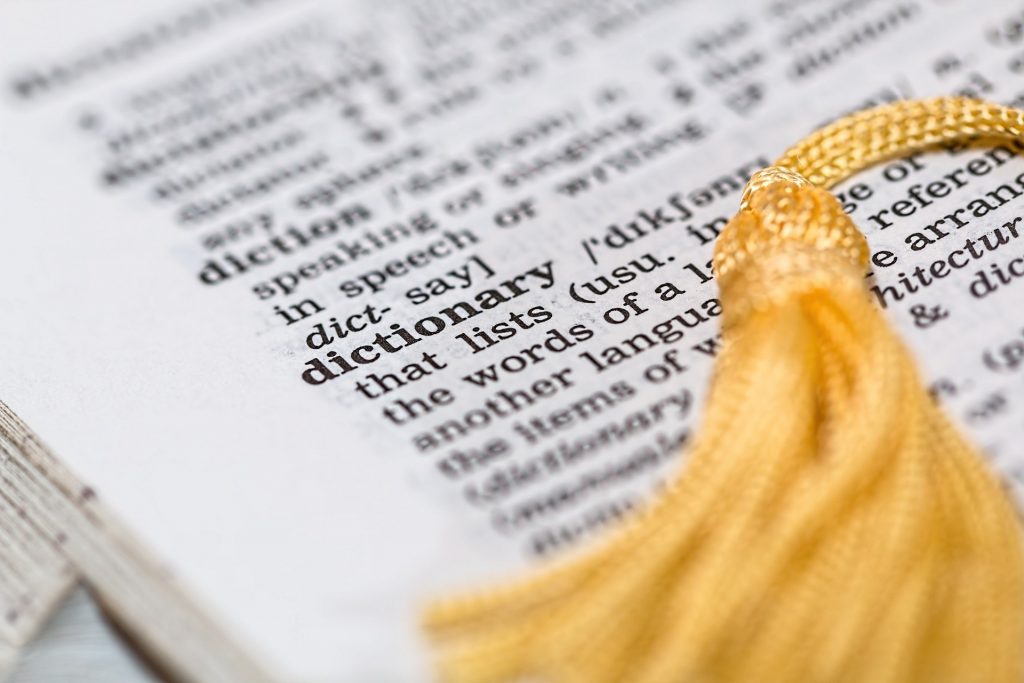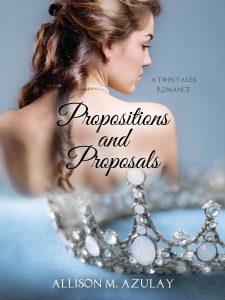The definitions of words are, well, defined, right?
Wrong.
Apart from the fact many words have multiple meanings, some derived from one language and some from another, and apart from the original meanings of the root words in whatever language―which may have a tenuous connection to the usage in English―there is the matter of connotation, which is an implied meaning over and above the literal meaning. Whether through usage in one’s family, in media, in a geographical region, or a profession, words often take on a special significance in the mind.
For example, glamour conjures images of Hollywood stars, while its actual meaning is “magic, enchantment, delusive or alluring or exciting beauty or charm, physical attractiveness, or to bewitch or enchant,” according to the Oxford Dictionary.
In recent years, the name Trump has taken on a derisive connotation among some and a heroic one among others, depending on a given person’s politics and personal perceptions of the American president.
Then, there’s slang: “Plastered” can refer to a wall covered with a clay or gypsum mixture or to a medical application, or colloquially to drunkenness or to heavy bombing of an area.
As for legal definitions, let’s not go there.
Another issue is the misuse of words altogether. Some people use a word incorrectly because they have come to believe its meaning to be something other than the actual meaning.
This last is a special worry for a writer. After all, an author is expected to be a wordsmith, to know the meanings of words and to use them correctly (if creatively, in some instances).
Choosing words is not so easy when one has to consider the flow of the sentence, the meaning one wishes to convey, the way the word sounds, the potential for confusion over conflicting definitions, and the possibility its use is just plain wrong. Thesauri and dictionaries are not optional for a writer.
Bottom line: If you don’t know a word, look it up. If you think a writer is playing fast and loose with words, consider the context of the story. And before you jump to correct people with whom you speak, remember that what they say and what you hear may be two very different things.
Do you find yourself stumbling over the meanings of words?
[Photo courtesy of Steve Buissinne of pixabay.com.]



